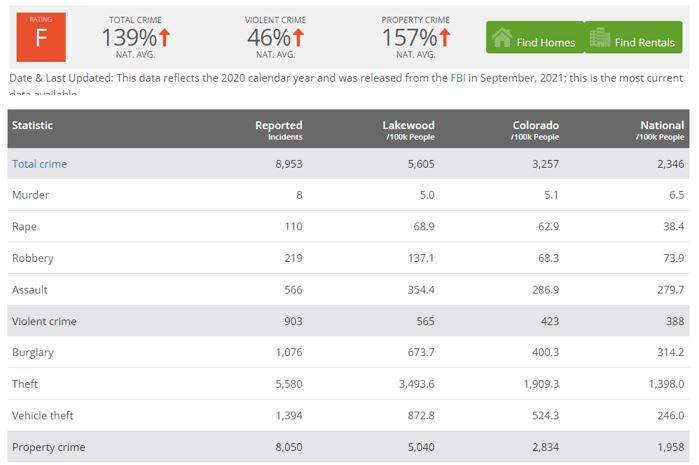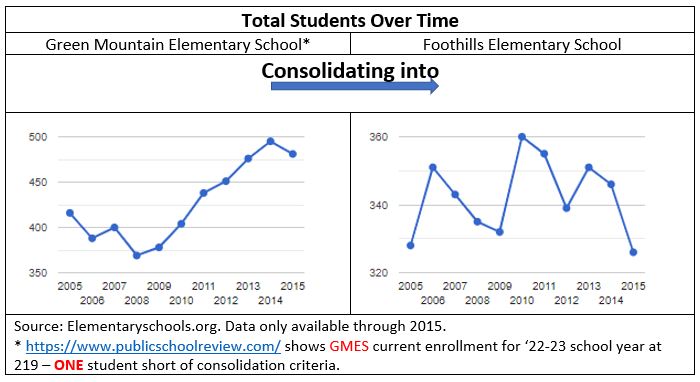Guest contribution from Joan from Lakewood…
From: “Joan from Lakewood”
Date: November 9, 2022 at 11:02:52 PM MST
To: <XXX@state.co.us>
Subject: Re: Injustice with land development in Lakewood at 4th and Union
Dear XXX,
Thank you for reaching out to me today. It was kind of timely. You see I have not received any resolution to the FOIA that I file with the GSA. I was supposed to receive an answer on 11/3/22 and I had explained to them that would not be helpful as the title was to be transferred on 10/31/22. But I have since learned that the transfer of the title has been delayed. So I have sent a registered letter to the National Archive Administration Service which is the oversight organization for Federal FOIA requests. I hope to get the information or a resolution. Soon.
Meanwhile last night at the Green Mountain Water Board, the board passed a ban on allowing employees to dig or work underground on that property. So perhaps the developers will be in touch with the CDPHE to do a deep drive into what is actually on that property.
Lastly with 123 passing and allowing Tabor Refunds to be used for affordable housing and perhaps that is a source of funding for this project, I am sure the tax payers would not want to have their tax money used in such an unjust manor.
If you still wish to speak to me, why don’t you call early next week and I will look at my schedule then.
With Regards,
“Joan from Lakewood” MT(ASCP)
Ps this might be a mute point as I have heard that there is funding issues with the lenders and developers. You see the Feds have raised the lending rate at least 4 points since this bid was made. And there may not be the collateral to make this a viable loan.
On Nov 9, 2022, at 10:43 AM, <XXX@state.co.us> wrote:
Hi Joan,
Thanks for sharing your concerns with me and the leadership team here at CDPHE. I tried calling you back but declined to leave a message. I’m happy to talk through this with you. This week may be hard because of the task force that is meeting today and tomorrow, but is there a time next week that works for you?
On Fri, Oct 28, 2022 at 4:45 PM “Joan from Lakewood” wrote:
Dear XXX
I have been expressing concerns over a piece of 59 acres of Federal Center Land since 2018 as to the possible toxic contamination of the land and the unwise move to develop it. I am aware that the CDPHE supposedly has all the studies that have been done as the CDPHE was involved in the placement and development the RTD rail line next to this property.
There is an Ordinance with the city of Lakewood called the strategic
growth initiative (SGI)
(Previously known as Ordinance 200) that calls for public hearings when a developer want to build over 200 units in Lakewood. A developer can get around the public hearings if the development has over 20% of the units dedicated to affordable housing.
A developer purchased the GSA land to place 1800 units on this possibly toxic land. That means at least 360 units of affordable housing.
Affordable housing has a large percentage of lower income and people of color.
I honestly feel it is inequitable to have children of lower means and color on this land. Land that people of means would not allow their children to live on.
I believe this is the very definition of systemic racism.
I have filed a FOIA with the GSA in Washington DC.
The real dilemma I have is that I believe the title of this land will be transferred on Monday 10/31/22 and the FOIA has been extended to 11/3/22. Although I am told that there is little that can be done to stop this land transfer and development, I still think it is wrong.
“Joan from Lakewood” MT(ASCP)


